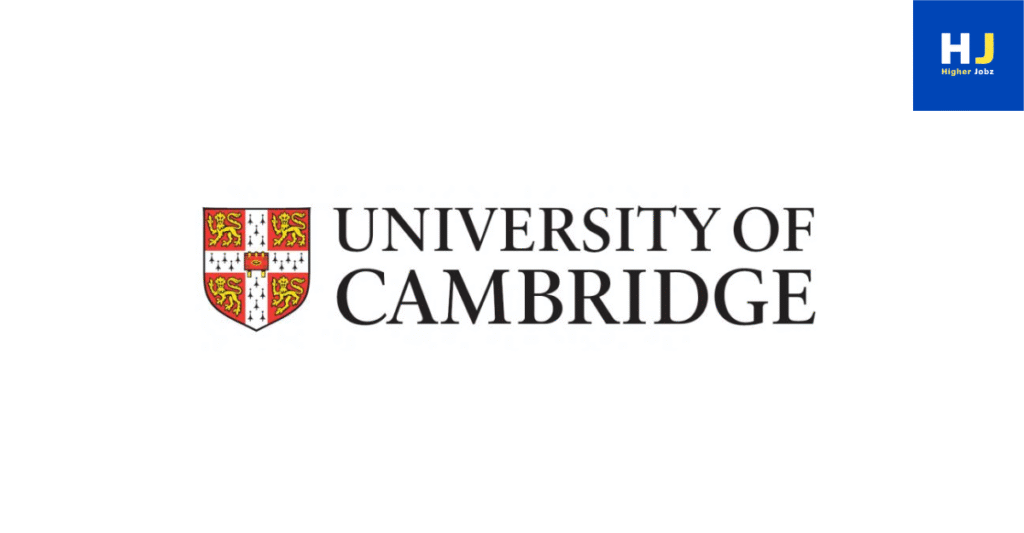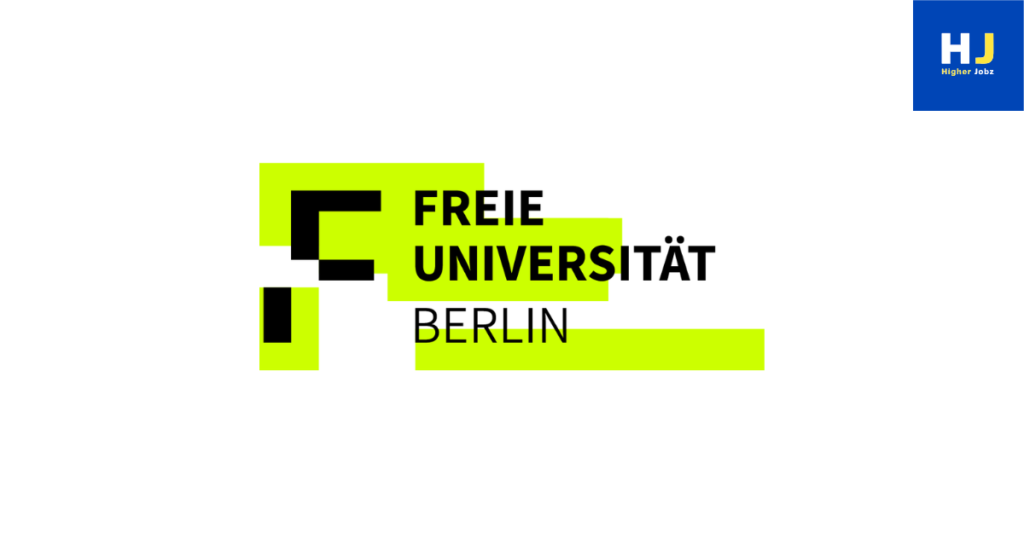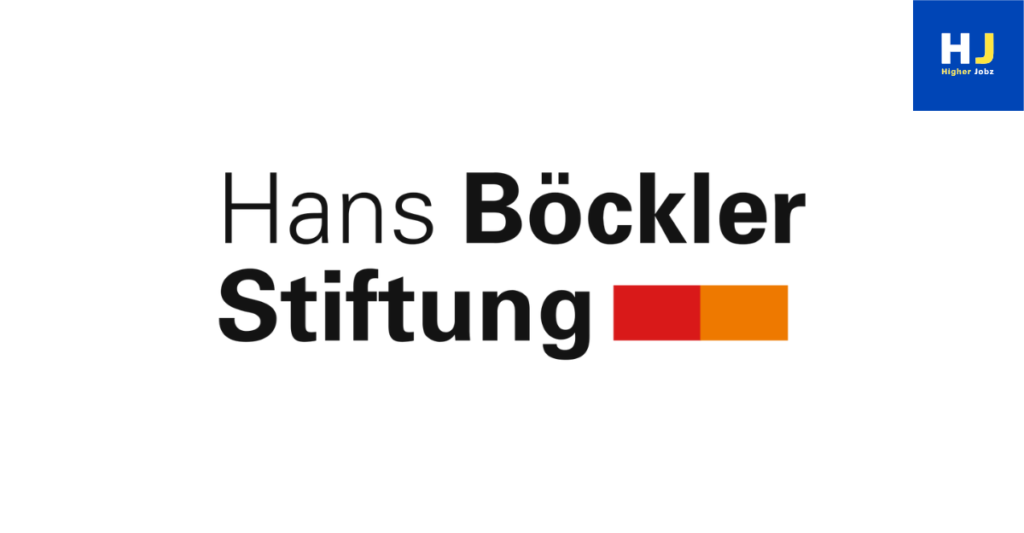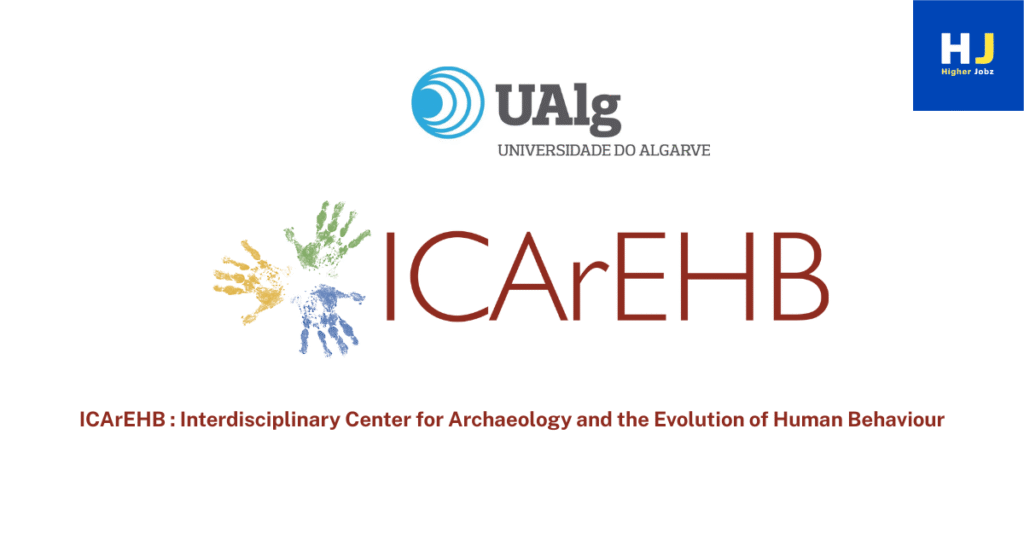About the Program
The University of Cambridge invites applications for a PhD Studentship (Fixed Term) in Metal Artefact Analysis within the project “Towards full object analysis of precious metal artefacts.” Based in the Department of Materials Science and Metallurgy, this project is part of the Structural Materials Group under the supervision of Dr David Collins. The four-year, fully funded position offers a stipend of £20,780 per annum and focuses on uncovering the hidden chemical and structural signatures of precious silver artefacts. In collaboration with the Goldsmiths’ Company Assay Office in London, this interdisciplinary research combines advanced materials characterisation techniques with computational tools and neural networks to develop reliable methods for verifying metal authenticity. The project aims to strengthen hallmarking practices through cutting-edge materials science and data-driven innovation.
Program Details
- Position: Fully-funded PhD Position
- Institution: University of Cambridge
- Department/Faculty: Department of Materials Science and Metallurgy
- Supervisor: Dr David Collins
- Location: Cambridge, United Kingdom
- Start Date (Anticipated): October 2026
- Duration: 4 years
- Funding: Full funding covering tuition fees and a maintenance stipend of £20,780 (current rate)
- Working Hours: Full-time
- Required Degree/Diploma: Master’s degree (or equivalent)
Research Focus/Area
- Precious metal artefact analysis
- Materials characterisation and alloy design
- Microstructure-property relationships
- Phase transformations and advanced processing
- Data analytics and neural network algorithms for authentication
Eligibility & Qualifications
Minimum Requirements:
- Master’s degree (or equivalent) in Materials Science, Chemistry, Physics, Engineering, or Archaeology with strong materials analysis experience.
Preferred Qualifications:
- Demonstrated research experience in experimental materials analysis.
- Excellent analytical and communication skills.
- Motivation and ability to work independently.
- Familiarity with techniques such as micro-XRF, synchrotron diffraction, SIMS, or 3D X-ray CT is advantageous.
Key Features of the Program
- Training in both computational and experimental analysis methods.
- Access to advanced facilities and laboratory resources.
- Collaboration with the Goldsmiths’ Company Assay Office.
- Opportunity to develop robust, defensible datasets for authenticity verification.
- Inclusive research environment supporting equality, diversity, and inclusion.
Application Process
How to Apply:
Submit your application via the University of Cambridge application portal by selecting the “Apply” button on the official listing.
Required Documents:
- Short research statement (maximum 1 page) describing your past research, future goals, and suitability for the position.
- Curriculum vitae (CV).
- Publication list (if available).
- Contact details of two referees.
Important Dates
- Applications Open: 28 October 2025
- Deadline: 2 December 2025
- Interviews (if applicable): To be confirmed
Where to Apply
- University Website: University of Cambridge
- Official Notification: click here
- Application Portal: Apply via University of Cambridge
Learn about more PhD opportunities: HigherJobz





